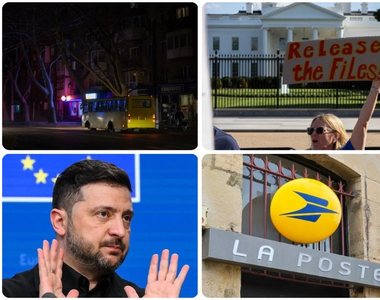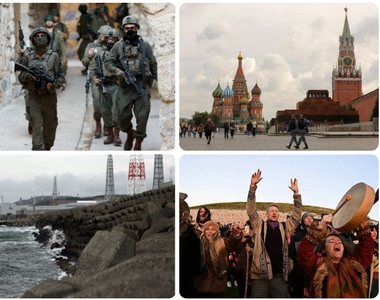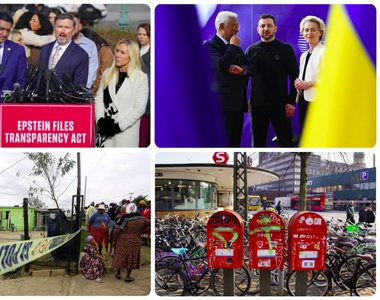
Amnesty International reports that China's policies against Muslims in Uighur have divided thousands of families, as some children are not allowed to leave China's Xinjiang region to be with their parents living abroad. The United States and other countries have labeled China's treatment of Uyghurs as genocide. Beijing vehemently denies the allegations, insisting the country's actions are justified in combating religious extremism and preventing terrorism. Davic Culver, a reporter for CNN, traveled to the Xinjiang region in search of children, who are being sought after by many parents, desperate for an answer.
Who are the Uyghurs? - a predominantly Muslim ethnic minority, in the western Xinjiang region of Beijing.
The U.S. State Department estimates that up to 2 million Uighurs and other Muslim minorities have passed through an extensive network of detention centers throughout the region, where former detainees claim they were subject to intense political, labor indoctrination. forced, torture and even sexual abuse.
Overseas human rights groups and Uighur activists have also accused the Chinese government of forced cultural assimilation and tight birth control and sterilization against Uighurs.
Where is Xinjiang and who lives there?
Xinjiang, officially the Xinjiang Uyghur Autonomous Region, is a vast and remote region in the far west of China. An ethnically diverse region, it is home to a variety of ethnic minority groups. The largest group is the Uyghurs, who speak a language closely related to Turkish and have their own unique culture. Historically, Uighurs had been the majority in the region. Now, they make up just over half of Xinjiang’s total population of 22 million, and many of them live in the southern, rural part of Xinjiang.
What happened?
Xinjiang minority groups have long felt marginalized and left out of the economic boom, claiming widespread employment discrimination in state-controlled industries that have dominated the local economy.
In recent years, Beijing has stepped up its restrictions on Islam in the name of fighting terrorism. The crackdown includes banning veils, long beards and Islamic names, cracking down on Quran study groups and preventing Muslim officials from fasting for Ramadan. Authorities also collected biometric data from residents and conducted instant checks on their phones to scan content that was considered problematic or suspicious.
What are detention camps?
The biggest step China has taken in suppressing this population is the network of detention camps throughout the region. The ex-detainees described experiencing political indoctrination and abuse within the camps, such as food and sleep deprivation, forced injections, forced sterilization, abortions and gang rapes. They were handcuffed and forced to live in poor conditions.
One detainee says she was put in a cell with 20 other women and allowed to use the toilet only once a day, for three to five minutes. Those who stayed longer were electrocuted.
In a report released in March, Amnesty International estimated that there may be thousands of Uighur children who have been separated from their parents for years as a result of the government's crackdown on Xinjiang. Initially, Beijing categorically denied the existence of camps, but later claimed that these facilities are voluntary, as "vocational training centers" where people learn work skills, Chinese language and laws. The government now insists that camps are needed to prevent religious extremism and terrorism.
Published Chinese government documents, however, revealed that people could be sent to a detention center simply because they wore a long beard, or had a certain attire. Those who went missing in the camps also include intellectuals and artists - that is, people who do not need "vocational training", as the Chinese government claims.
The documents, along with other first-hand reports, present an alarming picture of what appears to be a strategic campaign by Beijing to remove this population from its cultural and religious identity and to suppress behavior considered unpatriotic. The Chinese government has challenged the veracity of the published news.
In August 2020, the BBC also published some similar documents, which the Chinese ambassador to the United Kingdom dismissed as "fake news":
"I'm telling you that the documents or what you call documents are pure fabrication. "Do not listen to the fake news", the Ambassador closed the reply with the BBC journalist. The evidence does not show this!

Source: BBC, CNN







